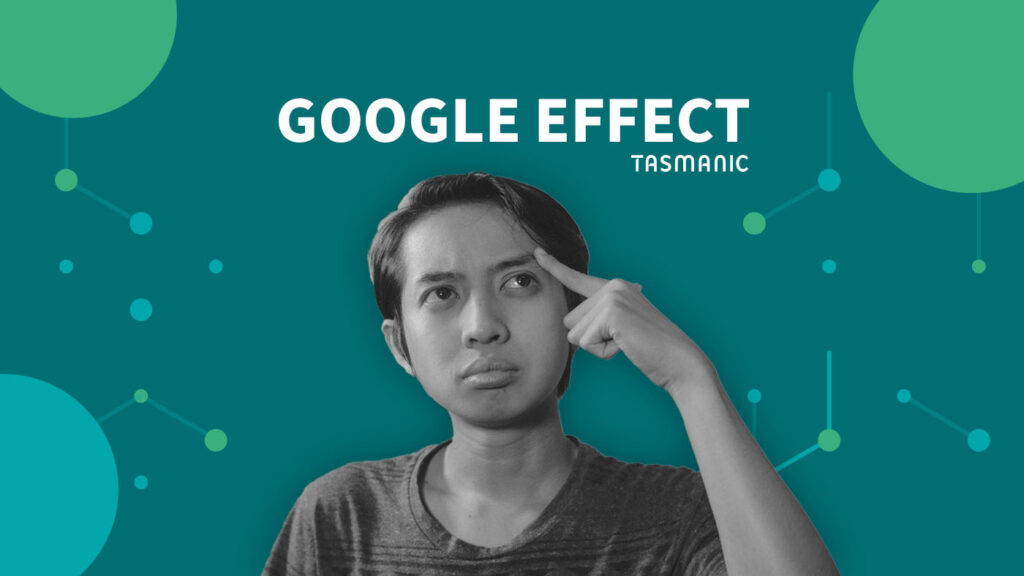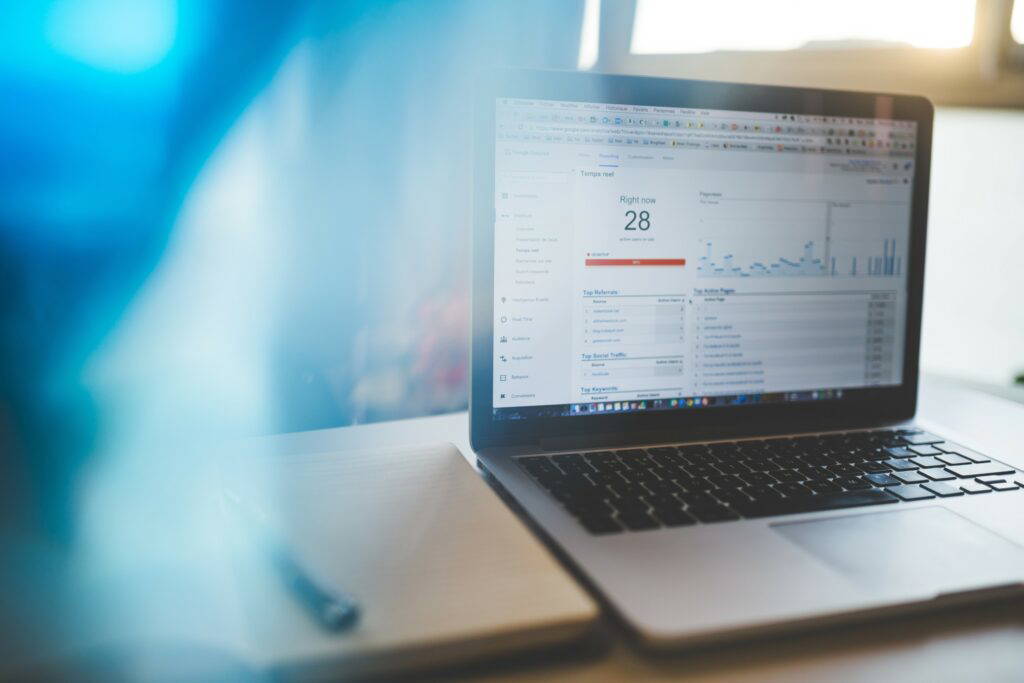
Last updated December 19, 2024
Introduction
Just "googling" something has become so normal that it was included as a verb in the dictionary in 2006. But constant googling can affect the brain. Why do we forget the information we just looked up? And why is this so important for entrepreneurs to know?
What is the Google effect?
The Google effect is the tendency of individuals to forget information that they can also find through search engines such as Google (Sparrow, Liu & Wegner, 2007).
The Google effect is also called digital amnesia or busy lifestyle syndrome. People who suffer from the Google effect rely excessively on digital information to "remember" things. They use Google as a kind of external hard drive, also called a 'transactive' memory. After all, why bother remembering something when you can find it back later in no time? Moreover, this way we prevent our brain from being overwhelmed by information.
How does the Google effect occur?
The rise of the Internet and search engines has reduced the need to memorize information yourself. In fact, all information is available online. Massive cell phone use also contributes to an increase in the Google effect. We are perfectly capable of remembering where to find the information we need, rather than remembering the information itself. Therefore, our brain also gives little priority to storing the information. A disadvantage of this can be that the information online is inaccurate or deleted. For general information or facts this may not be as bad, but for important personal information it is.
The study by Sparrow, Liu & Wegner (2007) also shows that we do store information in our memory if we are told that the information will soon be deleted online. So there is nothing wrong with our memory, it just works differently. New information no longer triggers our long-term memory immediately. There is so much information coming at us every day that we have to choose what to remember or not. The way we learn, solve problems and recall information are all affected by the Google effect. And that can also actually make for greater efficiency (Roberts, 2015). As long as we know where to find it again, memorization has become redundant.
Examples in practice
- Do you know your friends' phone numbers by heart? Because you can store so many numbers in your phone, you no longer have to remember them.
- When you write something down on a sticky note, you also remember it less because you can always look at your bill.
- What were the ingredients of that yummy cake again and in what quantity and proportion did they need to be in the batter? You look for the recipe right there!
- When we take a picture of something to be able to look back at it later, we remember the details less well than when we merely observe (Henkel, 2014).
Using the Google effect to your advantage
As an entrepreneur, how can you take advantage of that changing memory?
- The Google effect makes it even more important that you are easy to find online (yes really). This is because if a potential customer needs information about your product or a problem that your product solves, the first thing they will do is search for it online.
- Make sure you have a lot of informative content online, this will get you in touch with your target audience sooner than if you only have transactional content.
- Answer questions people have such as "what is X?" or "how does x come about" directly and easily in your texts.
Resources
Henkel, L. A. (2014). "Point-and-Shoot Memories: The Influence of Taking Photos on Memory for a Museum Tour." Psychological Science, 25(2), 396-402.
Roberts, G. (2015). "Google effect: Is technology making us stupid?" The Independent.
Sparrow, B., Liu, J., & Wegner, D. (2007). "Google Effects on Memory: Cognitive Consequences of Having Information at Our Fingertips." Science, 333(6043), 776-778.
Are the results from your online marketing disappointing?
Request our no-obligation performance scan and we'll tell you where you're going wrong.

















 Team
Team FAQ
FAQ Vacancies
Vacancies Contac
Contac AWR
AWR Ahrefs
Ahrefs Channable
Channable ContentKing
ContentKing Leadinfo
Leadinfo Optmyzr
Optmyzr Qooqie
Qooqie Hubspo
Hubspo Semrush
Semrush




